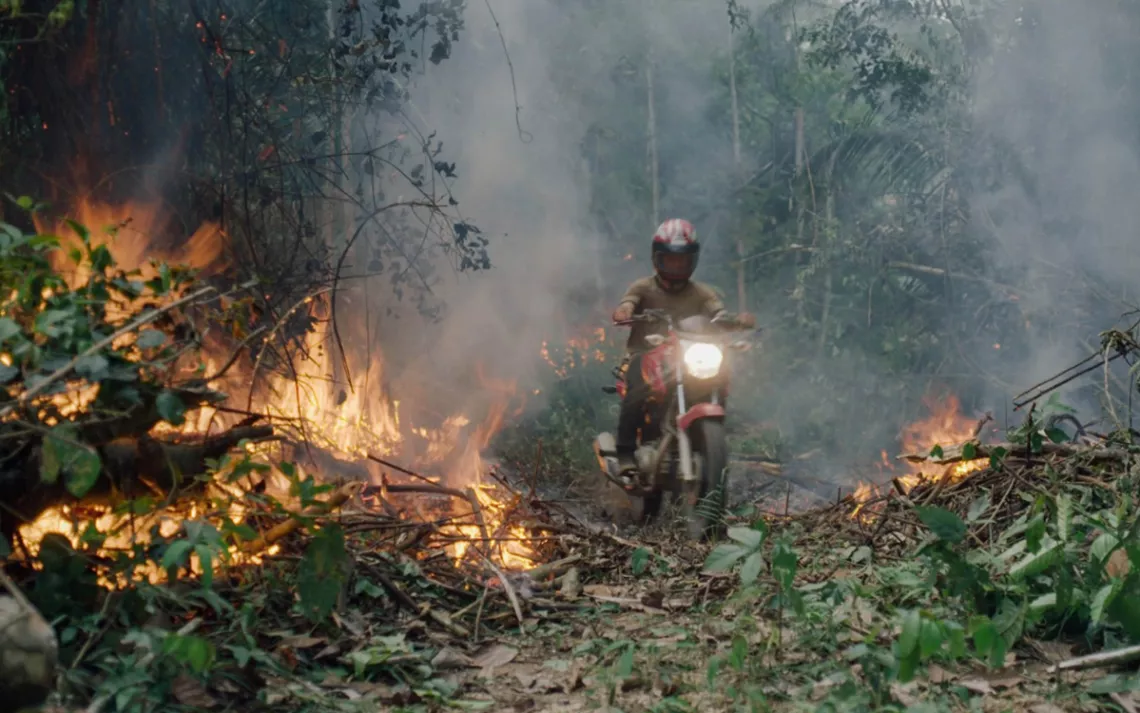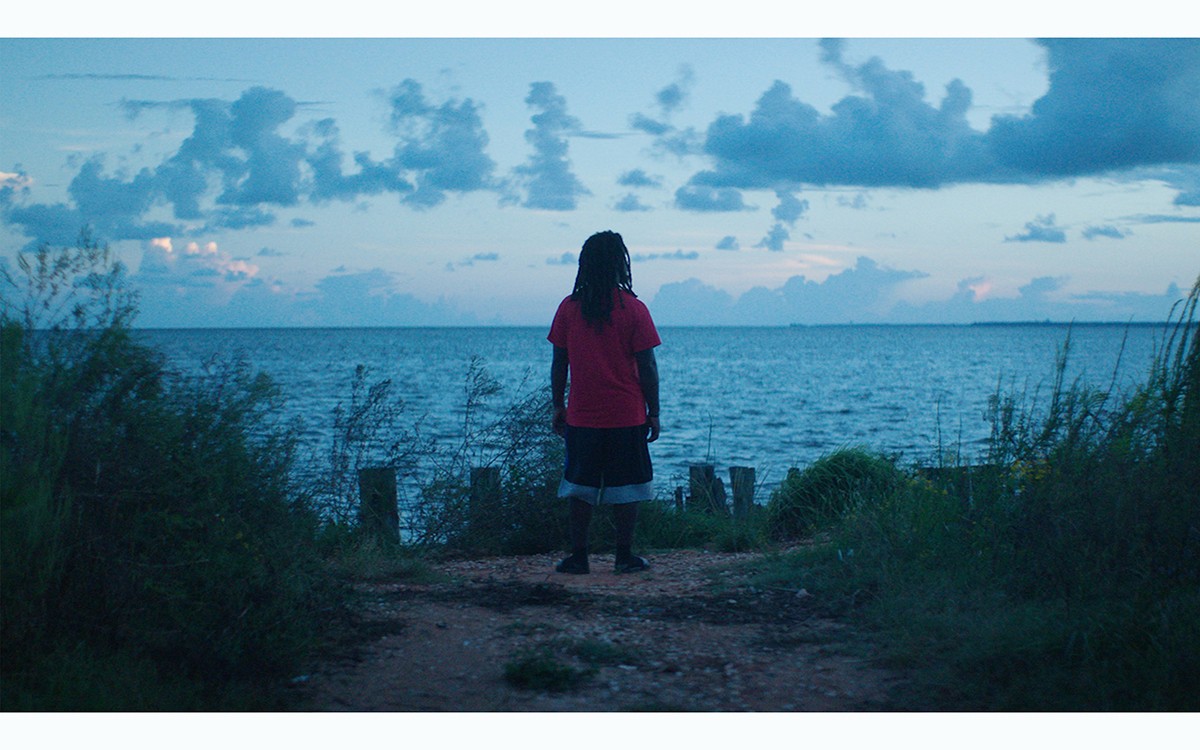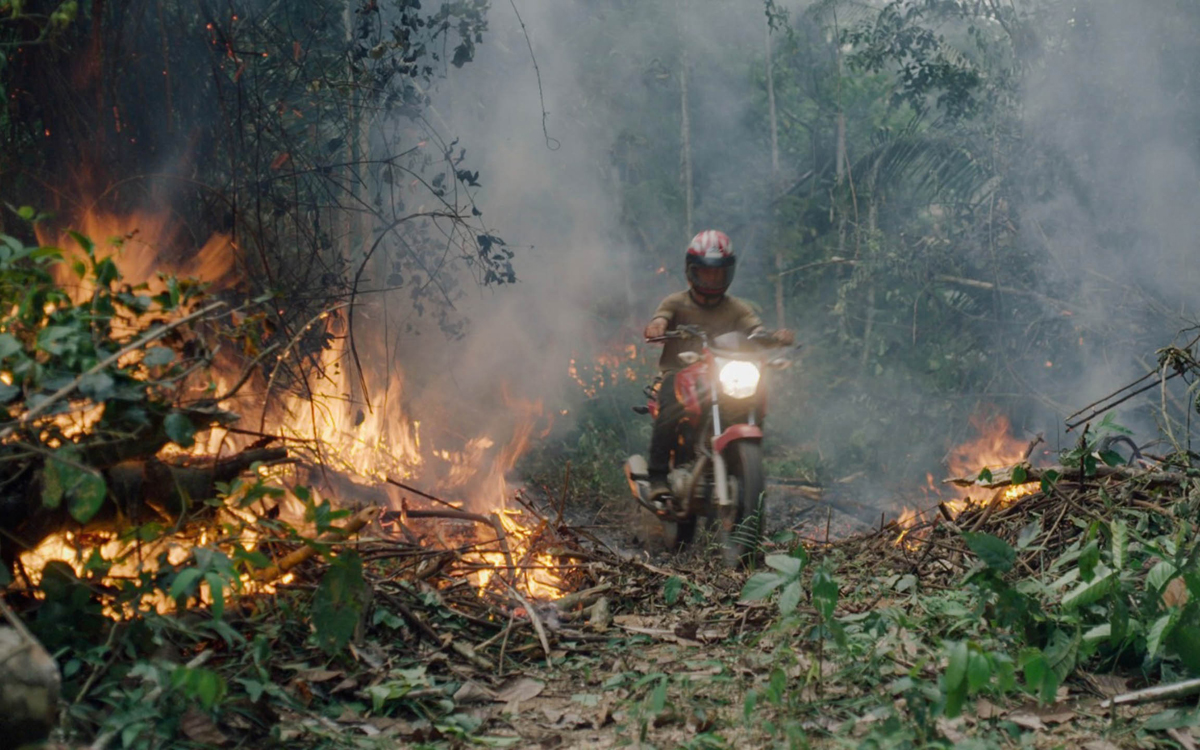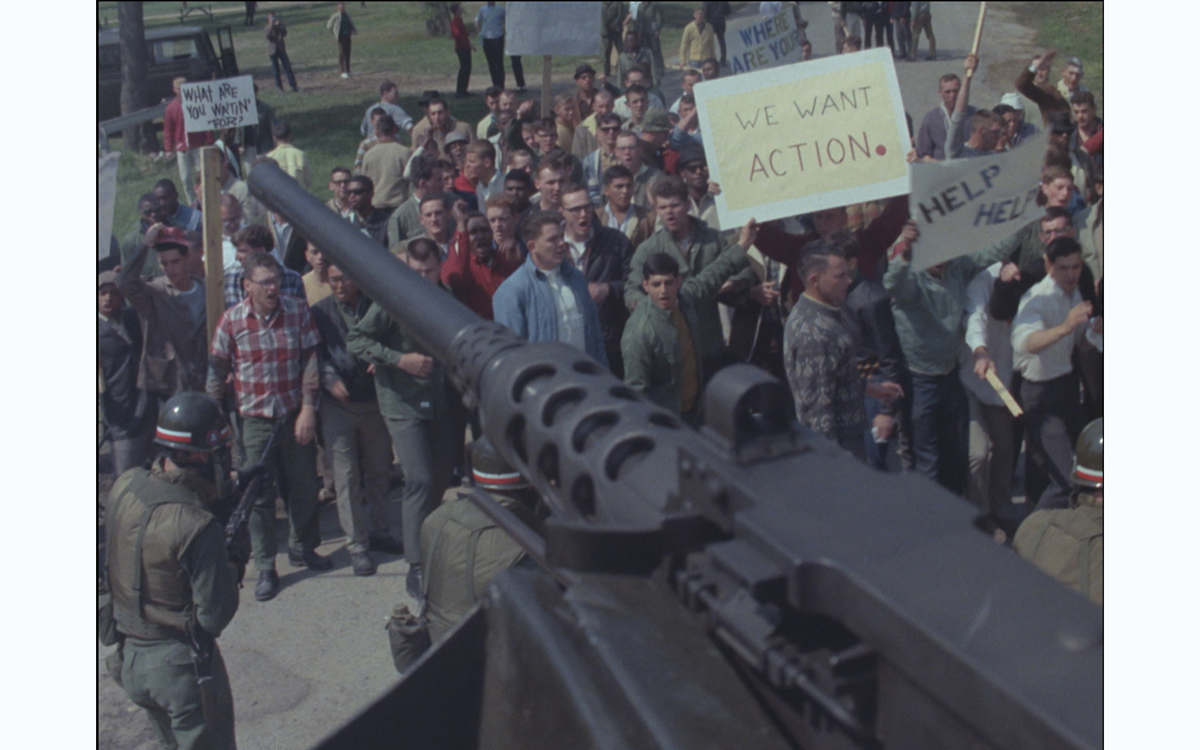Don’t Miss These Four Films About Activism
Sundance films about social change to look for this year

At this year’s Sundance Film Festival, frustration with the world as it is, and the desire to build a better one, showed up again and again throughout the year’s selections, to both heartbreaking and thrilling effect. This makes sense—the last several years have been marked by the kind of massive grassroots activism, engagement in politics, and protest that many US residents had previously only seen in documentaries about the 1960s.
Films about social change, however, tend to have a strange afterlife post-release. Many of them never find wide distribution. Some resurface in the collections of libraries and archives, or on streaming services, but they’re not always well promoted on those platforms, so to find them, you have to know that you’re looking for.
With that in mind, here are the best films I saw at Sundance about the hope and despair and roller-coaster ride and absolute grind of working to make a better world. Since the pandemic, many festivals (including Sundance and the DC Environmental Film Festival) have moved online and begun selling tickets to stream individual films as well as festival passes. If you keep an eye out, it’s likely that you’ll be able to see all these picks over the next few months.

Directed by Margaret Brown
This film is nominally about the search for the Clotilda, a ship that was burned off the coast of Mobile, Alabama, in 1860 to conceal the evidence that its owner, a wealthy businessman named Timothy Meaher, had commissioned it to illegally transport enslaved people from Benin, Africa, to Mobile. It was a federal crime—supposedly punishable by death—to transport enslaved people into the US since 1808, but Meaher was (correctly) pretty sure that he could get away with it.
After the end of the Civil War, in 1865, the passengers on the Clotilda managed to find one another again and established a communally run settlement in the marshlands on the outskirts of Mobile, known colloquially as Africatown. Some of them worked for the Meahers and saved up enough to buy land—again, from the Meahers. When a young Zora Neale Hurston visited Africatown in the Great Depression as part of a WPA project and filmed and interviewed residents, she found a thriving, close-knit community.
But the Meahers refused to sell the land with port access. Beginning in the late 1920s, they began to lease that land to a series of horrific polluters—first a paper company, followed by PCB manufacturers, lead smelters, and a dump used by the Department of Defense. The Meahers still own most of the land around Africatown, under the name Chippewa Lakes, LLC, and have managed to keep it zoned for the most polluting forms of industry.
The Meahers refuse to so much as speak to Brown, and so Emmett Lewis, Jocelyn Davis, and other descendants of the people brought over on the Clotilda are the people who guide the film through the story of the search for the ship and the struggle over their community’s future. Descendant is the finest example of what a documentary can be—a story that is complicated, warm, human, and deeply respectful.

Directed by Alex Pritz
A collaboration between filmmaker Alex Pritz and several people from the Uru-eu-wau-wau, an Indigenous group of about 180 people living in the Brazilian Amazon, The Territory follows the Uru-eu-wau-wau from the election of the racist, anti-Indigenous politician Jair Bolsonaro to the presidency of Brazil, to the present day.
Pritz also follows a group of would-be farmers and cattle ranchers who are trying to carve out a community they have named Rio Bonito in the middle of Uru-eu-wau-wau reserve. “God willing in eight months this will be beautiful” one of them prays, fervently, after a crew carrying chainsaws and plastic jugs of gasoline cuts an illegal road into the Uru-eu-wau-wau reserve and sets the rainforest on fire. “It makes me sick knowing we’re considered criminals,” says Sergio, one of the group’s leaders. “Every road in Brazil was created like this."
The film most closely follows the stories of Neidinha, an environmentalist facing constant death threats to herself and her daughter, because of her work with the Uru-eu-wau-wau, and Bitaté, a teenager who is appointed by a group of Uru-eu-wau-wau elders to lead the community, despite his anxiety that he’s too young and inexperienced. The skill with which Bitaté and other Uru-eu-wau-wau youths navigate their Indigenousness and the outside world is beyond compelling.

Directed by Rachel Lears
Rachel Lears's previous documentary Knock Down the House was a nail-biter of a film about four working-class women—Cori Bush, Alexandria Ocasio-Cortez, Amy Vilela, and Paula Jean Swearengin—running for Congress for the first time. To the End repeats that pattern but features four women trying to pass the Green New Deal—now-congresswoman Alexandria Ocasio-Cortez, Sunrise Movement leader Varshini Prakash, Justice Democrats leader Alexandra Rojas, and policy expert and Green New Deal co-writer Rhiana Gunn-Wright.
As you might expect, it’s a tough watch on an emotional level. Lears was clearly revising and adding to the film right up until the point that it premiered at Sundance, and watching Senator Joe Manchin throw his weight around and stymie the best efforts of four brilliant, forward-thinking, empathetic women to build a better world and to keep global ecosystems more or less habitable is truly awful to see. Still, as with Knock Down the House, a close glimpse into the day-to-day work that politicians and activists and policy experts perform in order to create and pass policy is incredibly absorbing.

Directed by Sierra Pettengill
In 1967, President Lyndon B. Johnson formed the National Advisory Commission on Civil Disorders—better known as the Kerner Commission—to investigate why people in cities seemed to be rioting. The commission—a moderate, bipartisan group of political leaders and businesspeople—concluded that people in cities were upset because of voter suppression, bad housing, unemployment, an unjust justice system, unscrupulous lenders, and being beat up by the police.
The Kerner Commission challenged the idea that these were “riots” at all—instead, they concluded that police and the National Guard often escalated or wildly misinterpreted the situation on the ground, by, say, mistaking gunfire for commie radical snipers trying to foment revolution, when the source of the gunfire was really just a different group of police and National Guard members. The commission recommended police reform, and a New Deal–style anti-poverty program that was about as expensive as the ongoing war in Vietnam.
Instead, the army built fake cities—complete with fake pawn shops—on military bases across the country and staged fake protests there as a way of training police, National Guard, and army units in crowd control. As rows of officials politely applauded from a set of bleachers set up along the fake Main Street, army cadets dressed as hippies and other radicals were corralled and arrested.
In 2015, Pettengill, an artist and digital archivist, found footage of these drills in the National Archives and decided to build a film around them. As you might expect, that resulting film can be wildly depressing—as the narration puts it, we are “embedded in the future” created by the failure to listen to the Kerner Commission. Extraordinary footage from Public Broadcast Laboratory (PBL) of forums with civil rights leaders like Bayard Rustin and the Reverend Albert Cleage provides an important emotional counterbalance—even if Riotsville USA is about the refusal to learn from the past, the PBL footage is a vibrant reminder of a past still worth learning from.
 The Magazine of The Sierra Club
The Magazine of The Sierra Club



